“With great power comes great responsibility.” This iconic line from Spiderman resonates deeply, especially in professional relationships. A few years ago, I underwent heart surgery and felt powerless over the process. While my medical team was competent, I didn’t have the luxury of choosing every surgical team member. Therapy might not be heart surgery, but it’s an incredibly intimate professional relationship that could involve a power dynamic, whether it’s real or perceived. You will share your deepest secrets, fears, past traumas, and joys, and our responsibility as a clinical team is to ensure you have the best possible team possible.
Most recently, I’ve had numerous intimate conversations with clients and realized something crucial is missing in the client’s introduction to the therapeutic relationship. Matching a client with a therapist cannot be left to a call center or office manager. As a narrative therapist, I view my clients as experts in their own lives. My role is to guide them through self-discovery and growth, allowing them to rewrite their stories. Inspired by this philosophy, I developed a framework to ensure our practice meets clients where they are. Matching clinicians with clients isn’t about filtering preferences on an automated system or just filling caseloads; it’s about providing the best possible outcomes for our clients.
At A Place for Me Counseling and Coaching, we created the M.A.T.C.H framework to ensure you ask the right questions to find a therapist who aligns with your core values and therapeutic needs. Below, I’ve outlined our framework, how it aligns with our core values, and questions to consider as you consult and meet with potential providers.
How To Use The MATCH Methodology To Find The Right Therapist
- M – Methodology
- Core Value: Innovation
- Question: What is your therapeutic approach, and how has it helped others with similar issues?
- Understanding a therapist’s approach ensures their methods align with your needs and preferences. Innovative therapeutic techniques can offer fresh perspectives and effective strategies for overcoming challenges.
- A – Adaptability
- Core Value: Resilience
- Question: How do you tailor your approach to fit individual clients, and can you accommodate my specific needs?
- Ensuring therapists can adapt their methods to meet your unique requirements is vital for personalized care. Resilience in therapy means being flexible and responsive to your progress and feedback, fostering a supportive environment that evolves with your needs.
- T – Transparency
- Core Value: Authenticity
- Question: Can you explain how clients get matched with therapists in your practice and what it looks like to work with you?
- Transparency about the matching process builds trust and reassures that your clinical team will prioritize your preferences and needs. Authentic communication ensures you understand how your therapist is selected, making you feel more secure in the therapeutic relationship. Partnering with A Place for Me means having a solid and experienced clinical team who will show up prepared for your sessions, utilize cutting-edge strategies, and work with you to measure your progress.
- C – Compatibility
- Core Value: Inclusivity
- Question: What criteria do you use to match clients with therapists, and can you handle special requirements or preferences (e.g., cultural background, therapy style)?
- Compatibility is crucial for a successful therapeutic relationship. Ensuring the therapist’s style, personality, and experience align with your needs can make therapy more effective. Inclusivity means considering your cultural background and personal preferences to find the best match.
5. H – History
- Core Value: Empathy
- Question: How do you incorporate a client’s history into your therapeutic approach?
- Understanding your personal and medical history helps the therapist provide more effective, tailored treatment. Empathy in therapy means recognizing and valuing your past experiences and traumas, ensuring they are prioritized in your therapy plan.
Benefits of Using the M.A.T.C.H Framework:
- Increased Comfort and Trust: Feeling at ease with your therapist allows for open communication, crucial for addressing deep-seated issues.
- Personalized Care: A therapist who understands your unique background and concerns can tailor their approach to better meet your needs, leading to more effective treatment.
- Enhanced Progress: When matched with a therapist whose expertise aligns with your specific challenges, you are more likely to see significant improvements in your mental health.
A well-matched therapeutic relationship can significantly enhance treatment outcomes. Feeling understood and comfortable with your therapist encourages open engagement, fostering trust and more profound, productive sessions. Understanding the matching process helps you feel confident that your needs, preferences, and goals are considered. Other important questions to ask are related to forms of payment, availability, location, and the process of getting started with services.
What questions do you have about how best to be matched with the right therapist?


